Small cryptocurrency exchanges in South Korea have expressed their fears of closing down amid the ongoing strong crypto sell-off across the board. According to The Korea Times, a total of 26 crypto exchanges, including Upbit, Bithumb, Coinone, Korbit, and Gopax, are in operation in the country.
This year, even major exchanges have seen a decline in transaction volume. In the second quarter of this year, the five exchanges’ combined crypto transactions were around $260 billion, down by more than 77% from last year.
In March, the US Federal Reserve began its aggressive rate hikes, which led to a poor performance for the asset market.
“The four major exchanges, excluding Upbit, are struggling to expand their market shares, but the reality looks tough at a time when the market has lost momentum for a robust rally for the time being. For minor exchanges that cannot operate Korean-won-based crypto transaction services here, it will be much tougher to achieve sustainable growth,” an industry source told The Korea Times.
The outlook remains murky whether crypto market investor sentiment will remain buoyant in the coming months as most monetary authorities, including the Bank of Korea, are expected to maintain their hawkish stances. In addition, The Korea Times noted that a de facto monopoly held by the market leader, Upbit, makes it difficult for small exchanges to join the ranks of the major exchanges.
Update on Litecoin and South Korean Authorities
In other news across the South Korean crypto sphere, in response to recent updates to Litecoin (LTC), Bithumb and Upbit, two major South Korean cryptocurrency exchanges issued warnings.
A policy in South Korea requiring crypto exchanges to conduct know-your-customer (KYC Know Your Customer (KYC) Know Your Customer (KYC) is the process via which the broker is verifying the true identity of its clients in order to comply with multiple regulations. KYC is used to assess the suitability of customers when it comes to anti-money laundering regulations, any type of financial fraud and determining whether they are potentially risky for the brokerage.In particular, KYC guidelines in financial services mandate that individuals make a cohesive effort to verify the identity, suitability, and risks involved with maintaining a business relationship. KYC processes are also utilized by companies for the purpose of ensuring their proposed customers, agents, consultants, or distributors are anti-bribery compliant. In an age of identity theft and myriad hacking, KYC has become a major emphasis by regulators.As such, banks, insurers, export creditors and other financial institutions are increasingly demanding that customers provide detailed due diligence information. These regulations had initially been imposed only on the financial institutions, having now extended to the non-financial industry, fintech, virtual assets dealers, and many non-profit organizations.Regulators Taking No Chances with Identities Regulated brokers in the retail industry are very stringent when applying appropriate KYC verifications after financial watchdogs worldwide have become stricter in monitoring their compliance with the procedure in recent years. Not only brokers use KYC, the procedure is also widely used by banks, and any financial companies that provide insurance or credit and require appropriate due diligence. Most major jurisdictions in the financial space mandate KYC requirements as well as all regulated brokers.The vast majority of these countries have adopted KYC standards as mandatory only during the past two decades. This has helped curb illicit behavior and has become a fixture of the industry. Know Your Customer (KYC) is the process via which the broker is verifying the true identity of its clients in order to comply with multiple regulations. KYC is used to assess the suitability of customers when it comes to anti-money laundering regulations, any type of financial fraud and determining whether they are potentially risky for the brokerage.In particular, KYC guidelines in financial services mandate that individuals make a cohesive effort to verify the identity, suitability, and risks involved with maintaining a business relationship. KYC processes are also utilized by companies for the purpose of ensuring their proposed customers, agents, consultants, or distributors are anti-bribery compliant. In an age of identity theft and myriad hacking, KYC has become a major emphasis by regulators.As such, banks, insurers, export creditors and other financial institutions are increasingly demanding that customers provide detailed due diligence information. These regulations had initially been imposed only on the financial institutions, having now extended to the non-financial industry, fintech, virtual assets dealers, and many non-profit organizations.Regulators Taking No Chances with Identities Regulated brokers in the retail industry are very stringent when applying appropriate KYC verifications after financial watchdogs worldwide have become stricter in monitoring their compliance with the procedure in recent years. Not only brokers use KYC, the procedure is also widely used by banks, and any financial companies that provide insurance or credit and require appropriate due diligence. Most major jurisdictions in the financial space mandate KYC requirements as well as all regulated brokers.The vast majority of these countries have adopted KYC standards as mandatory only during the past two decades. This has helped curb illicit behavior and has become a fixture of the industry. Read this Term) and anti-money laundering (AML Anti-Money Laundering (AML) Anti-money laundering (AML) is a term that describes laws, processes, and regulations that are intended to prevent illegally obtained funds from being disguised as income gained through legitimate means. The fundamental purpose of the AML laws is to help safeguard, detect, and report suspicious activity including the predicate offenses to money laundering and terrorist financing, such as securities fraud and market manipulation.Most exchanges have AML measures that include identity verification (Know-Your-Customer checks) and bots that monitor for suspicious trading activity.AML Laws at WorkAML laws take explicit aim at corruption, tax evasion, market manipulation, and the trade of illegal goods. Much of their emphasis also looks to bring to light the efforts individuals or entities utilize to conceal these crimes.Essentially, AML procedures are intended to make it harder for criminals to “hide the loot.” Often, money launderers attempt to disguise their illicitly-obtained funds by funneling it through a legitimate cash business, like a regulated cryptocurrency exchange. Therefore, it is up to the businesses to ensure that they aren’t unwillingly part of a money-laundering scheme.One of the most prevalent issues to combat is laundering, which involves running money through a legitimate cash-based business owned by the criminal organization or its associates. A supposedly legitimate business can then deposit the money, which the criminals can subsequently withdraw.Launderers can also target foreign accounts to make deposits it, depositing cash below several regulatory thresholds that fail to garner suspicion. In the US for example, many transfers or cash payments under $10,000 are unlikely to draw the attention of regulatory authorities.Additionally, money launderers can move cash into dishonest brokers who are willing to ignore existing regulations in return for large commissions. Anti-money laundering (AML) is a term that describes laws, processes, and regulations that are intended to prevent illegally obtained funds from being disguised as income gained through legitimate means. The fundamental purpose of the AML laws is to help safeguard, detect, and report suspicious activity including the predicate offenses to money laundering and terrorist financing, such as securities fraud and market manipulation.Most exchanges have AML measures that include identity verification (Know-Your-Customer checks) and bots that monitor for suspicious trading activity.AML Laws at WorkAML laws take explicit aim at corruption, tax evasion, market manipulation, and the trade of illegal goods. Much of their emphasis also looks to bring to light the efforts individuals or entities utilize to conceal these crimes.Essentially, AML procedures are intended to make it harder for criminals to “hide the loot.” Often, money launderers attempt to disguise their illicitly-obtained funds by funneling it through a legitimate cash business, like a regulated cryptocurrency exchange. Therefore, it is up to the businesses to ensure that they aren’t unwillingly part of a money-laundering scheme.One of the most prevalent issues to combat is laundering, which involves running money through a legitimate cash-based business owned by the criminal organization or its associates. A supposedly legitimate business can then deposit the money, which the criminals can subsequently withdraw.Launderers can also target foreign accounts to make deposits it, depositing cash below several regulatory thresholds that fail to garner suspicion. In the US for example, many transfers or cash payments under $10,000 are unlikely to draw the attention of regulatory authorities.Additionally, money launderers can move cash into dishonest brokers who are willing to ignore existing regulations in return for large commissions. Read this Term) procedures was cited by both exchanges. As a result, South Korean exchanges tend to delist products following these warnings.
Small cryptocurrency exchanges in South Korea have expressed their fears of closing down amid the ongoing strong crypto sell-off across the board. According to The Korea Times, a total of 26 crypto exchanges, including Upbit, Bithumb, Coinone, Korbit, and Gopax, are in operation in the country.
This year, even major exchanges have seen a decline in transaction volume. In the second quarter of this year, the five exchanges’ combined crypto transactions were around $260 billion, down by more than 77% from last year.
In March, the US Federal Reserve began its aggressive rate hikes, which led to a poor performance for the asset market.
“The four major exchanges, excluding Upbit, are struggling to expand their market shares, but the reality looks tough at a time when the market has lost momentum for a robust rally for the time being. For minor exchanges that cannot operate Korean-won-based crypto transaction services here, it will be much tougher to achieve sustainable growth,” an industry source told The Korea Times.
The outlook remains murky whether crypto market investor sentiment will remain buoyant in the coming months as most monetary authorities, including the Bank of Korea, are expected to maintain their hawkish stances. In addition, The Korea Times noted that a de facto monopoly held by the market leader, Upbit, makes it difficult for small exchanges to join the ranks of the major exchanges.
Update on Litecoin and South Korean Authorities
In other news across the South Korean crypto sphere, in response to recent updates to Litecoin (LTC), Bithumb and Upbit, two major South Korean cryptocurrency exchanges issued warnings.
A policy in South Korea requiring crypto exchanges to conduct know-your-customer (KYC Know Your Customer (KYC) Know Your Customer (KYC) is the process via which the broker is verifying the true identity of its clients in order to comply with multiple regulations. KYC is used to assess the suitability of customers when it comes to anti-money laundering regulations, any type of financial fraud and determining whether they are potentially risky for the brokerage.In particular, KYC guidelines in financial services mandate that individuals make a cohesive effort to verify the identity, suitability, and risks involved with maintaining a business relationship. KYC processes are also utilized by companies for the purpose of ensuring their proposed customers, agents, consultants, or distributors are anti-bribery compliant. In an age of identity theft and myriad hacking, KYC has become a major emphasis by regulators.As such, banks, insurers, export creditors and other financial institutions are increasingly demanding that customers provide detailed due diligence information. These regulations had initially been imposed only on the financial institutions, having now extended to the non-financial industry, fintech, virtual assets dealers, and many non-profit organizations.Regulators Taking No Chances with Identities Regulated brokers in the retail industry are very stringent when applying appropriate KYC verifications after financial watchdogs worldwide have become stricter in monitoring their compliance with the procedure in recent years. Not only brokers use KYC, the procedure is also widely used by banks, and any financial companies that provide insurance or credit and require appropriate due diligence. Most major jurisdictions in the financial space mandate KYC requirements as well as all regulated brokers.The vast majority of these countries have adopted KYC standards as mandatory only during the past two decades. This has helped curb illicit behavior and has become a fixture of the industry. Know Your Customer (KYC) is the process via which the broker is verifying the true identity of its clients in order to comply with multiple regulations. KYC is used to assess the suitability of customers when it comes to anti-money laundering regulations, any type of financial fraud and determining whether they are potentially risky for the brokerage.In particular, KYC guidelines in financial services mandate that individuals make a cohesive effort to verify the identity, suitability, and risks involved with maintaining a business relationship. KYC processes are also utilized by companies for the purpose of ensuring their proposed customers, agents, consultants, or distributors are anti-bribery compliant. In an age of identity theft and myriad hacking, KYC has become a major emphasis by regulators.As such, banks, insurers, export creditors and other financial institutions are increasingly demanding that customers provide detailed due diligence information. These regulations had initially been imposed only on the financial institutions, having now extended to the non-financial industry, fintech, virtual assets dealers, and many non-profit organizations.Regulators Taking No Chances with Identities Regulated brokers in the retail industry are very stringent when applying appropriate KYC verifications after financial watchdogs worldwide have become stricter in monitoring their compliance with the procedure in recent years. Not only brokers use KYC, the procedure is also widely used by banks, and any financial companies that provide insurance or credit and require appropriate due diligence. Most major jurisdictions in the financial space mandate KYC requirements as well as all regulated brokers.The vast majority of these countries have adopted KYC standards as mandatory only during the past two decades. This has helped curb illicit behavior and has become a fixture of the industry. Read this Term) and anti-money laundering (AML Anti-Money Laundering (AML) Anti-money laundering (AML) is a term that describes laws, processes, and regulations that are intended to prevent illegally obtained funds from being disguised as income gained through legitimate means. The fundamental purpose of the AML laws is to help safeguard, detect, and report suspicious activity including the predicate offenses to money laundering and terrorist financing, such as securities fraud and market manipulation.Most exchanges have AML measures that include identity verification (Know-Your-Customer checks) and bots that monitor for suspicious trading activity.AML Laws at WorkAML laws take explicit aim at corruption, tax evasion, market manipulation, and the trade of illegal goods. Much of their emphasis also looks to bring to light the efforts individuals or entities utilize to conceal these crimes.Essentially, AML procedures are intended to make it harder for criminals to “hide the loot.” Often, money launderers attempt to disguise their illicitly-obtained funds by funneling it through a legitimate cash business, like a regulated cryptocurrency exchange. Therefore, it is up to the businesses to ensure that they aren’t unwillingly part of a money-laundering scheme.One of the most prevalent issues to combat is laundering, which involves running money through a legitimate cash-based business owned by the criminal organization or its associates. A supposedly legitimate business can then deposit the money, which the criminals can subsequently withdraw.Launderers can also target foreign accounts to make deposits it, depositing cash below several regulatory thresholds that fail to garner suspicion. In the US for example, many transfers or cash payments under $10,000 are unlikely to draw the attention of regulatory authorities.Additionally, money launderers can move cash into dishonest brokers who are willing to ignore existing regulations in return for large commissions. Anti-money laundering (AML) is a term that describes laws, processes, and regulations that are intended to prevent illegally obtained funds from being disguised as income gained through legitimate means. The fundamental purpose of the AML laws is to help safeguard, detect, and report suspicious activity including the predicate offenses to money laundering and terrorist financing, such as securities fraud and market manipulation.Most exchanges have AML measures that include identity verification (Know-Your-Customer checks) and bots that monitor for suspicious trading activity.AML Laws at WorkAML laws take explicit aim at corruption, tax evasion, market manipulation, and the trade of illegal goods. Much of their emphasis also looks to bring to light the efforts individuals or entities utilize to conceal these crimes.Essentially, AML procedures are intended to make it harder for criminals to “hide the loot.” Often, money launderers attempt to disguise their illicitly-obtained funds by funneling it through a legitimate cash business, like a regulated cryptocurrency exchange. Therefore, it is up to the businesses to ensure that they aren’t unwillingly part of a money-laundering scheme.One of the most prevalent issues to combat is laundering, which involves running money through a legitimate cash-based business owned by the criminal organization or its associates. A supposedly legitimate business can then deposit the money, which the criminals can subsequently withdraw.Launderers can also target foreign accounts to make deposits it, depositing cash below several regulatory thresholds that fail to garner suspicion. In the US for example, many transfers or cash payments under $10,000 are unlikely to draw the attention of regulatory authorities.Additionally, money launderers can move cash into dishonest brokers who are willing to ignore existing regulations in return for large commissions. Read this Term) procedures was cited by both exchanges. As a result, South Korean exchanges tend to delist products following these warnings.

You can get bonuses upto $100 FREE BONUS when you:
💰 Install these recommended apps:
💲 SocialGood - 100% Crypto Back on Everyday Shopping
💲 xPortal - The DeFi For The Next Billion
💲 CryptoTab Browser - Lightweight, fast, and ready to mine!
💰 Register on these recommended exchanges:
🟡 Binance🟡 Bitfinex🟡 Bitmart🟡 Bittrex🟡 Bitget
🟡 CoinEx🟡 Crypto.com🟡 Gate.io🟡 Huobi🟡 Kucoin.





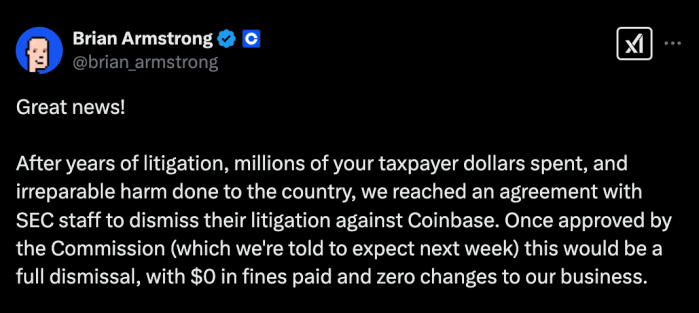

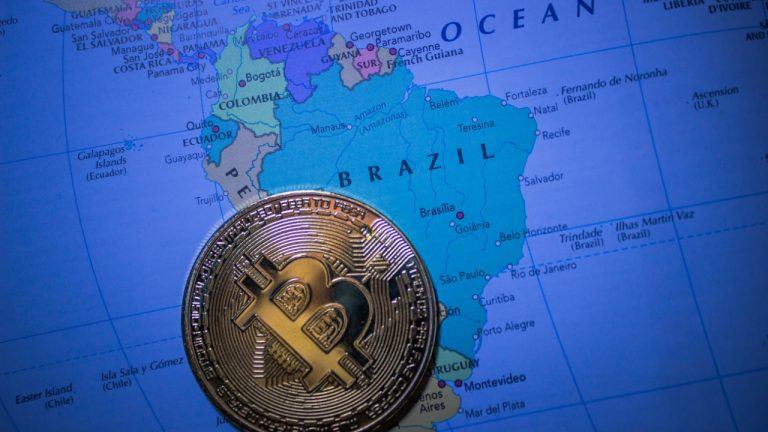





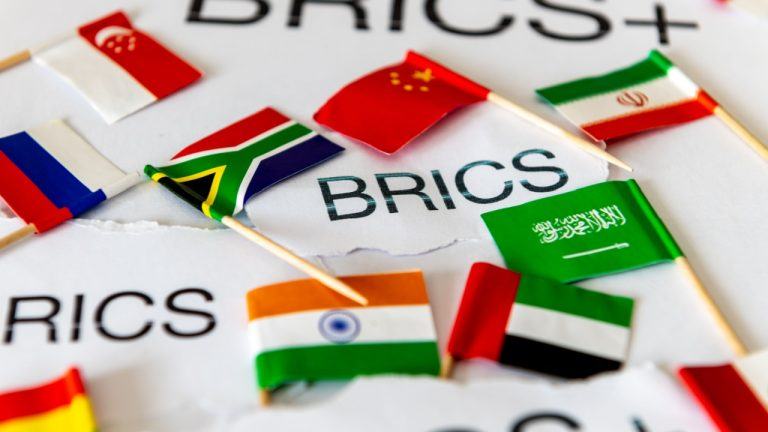

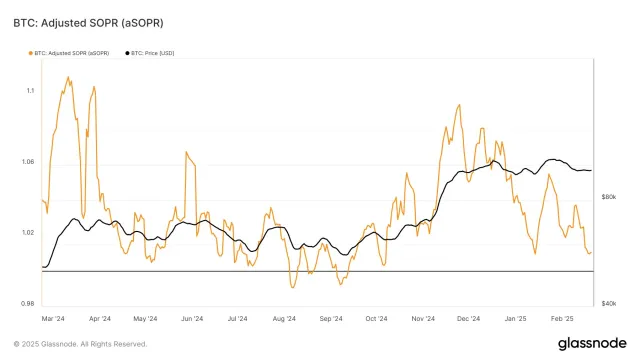

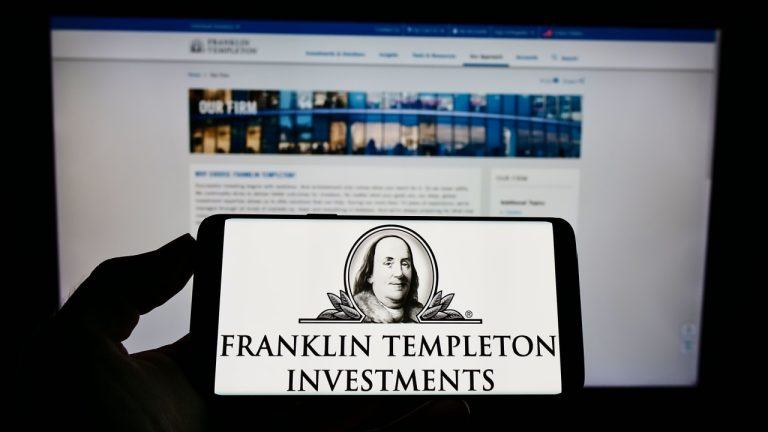
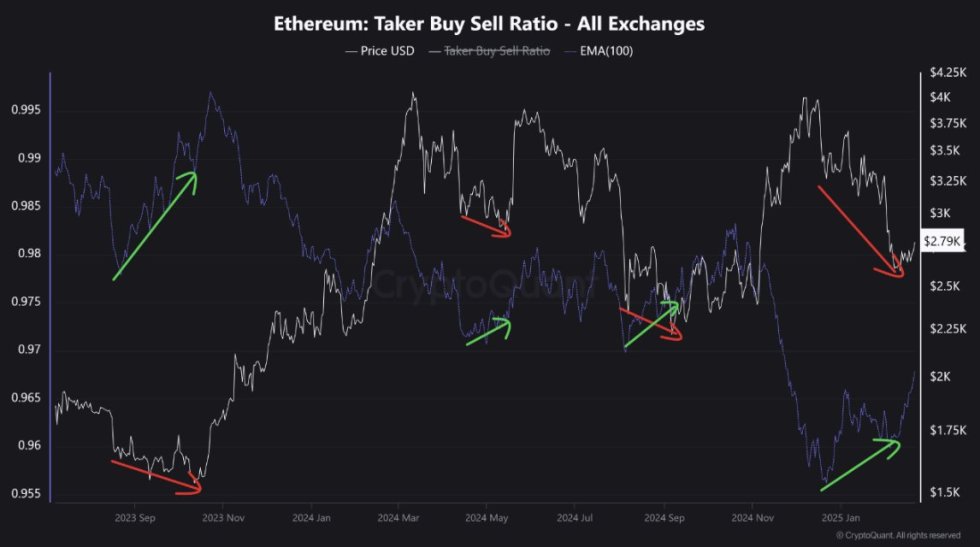

Comments